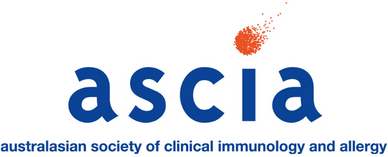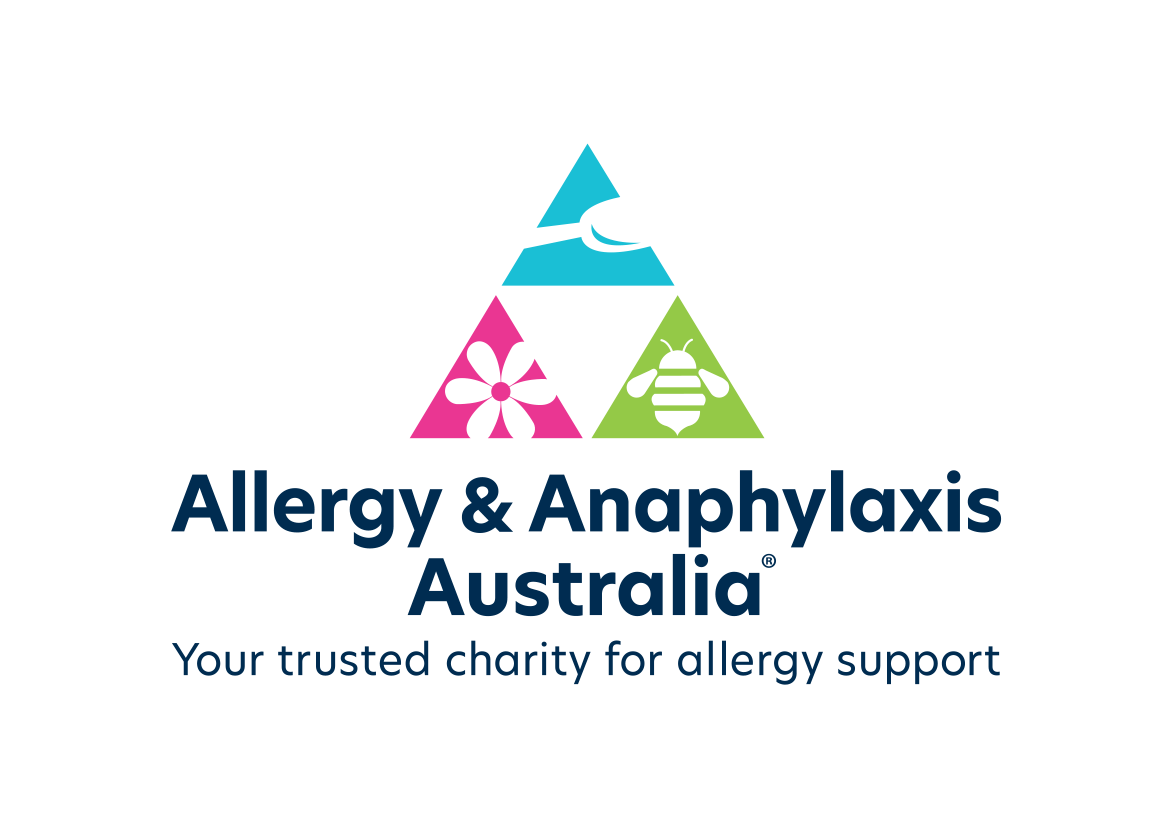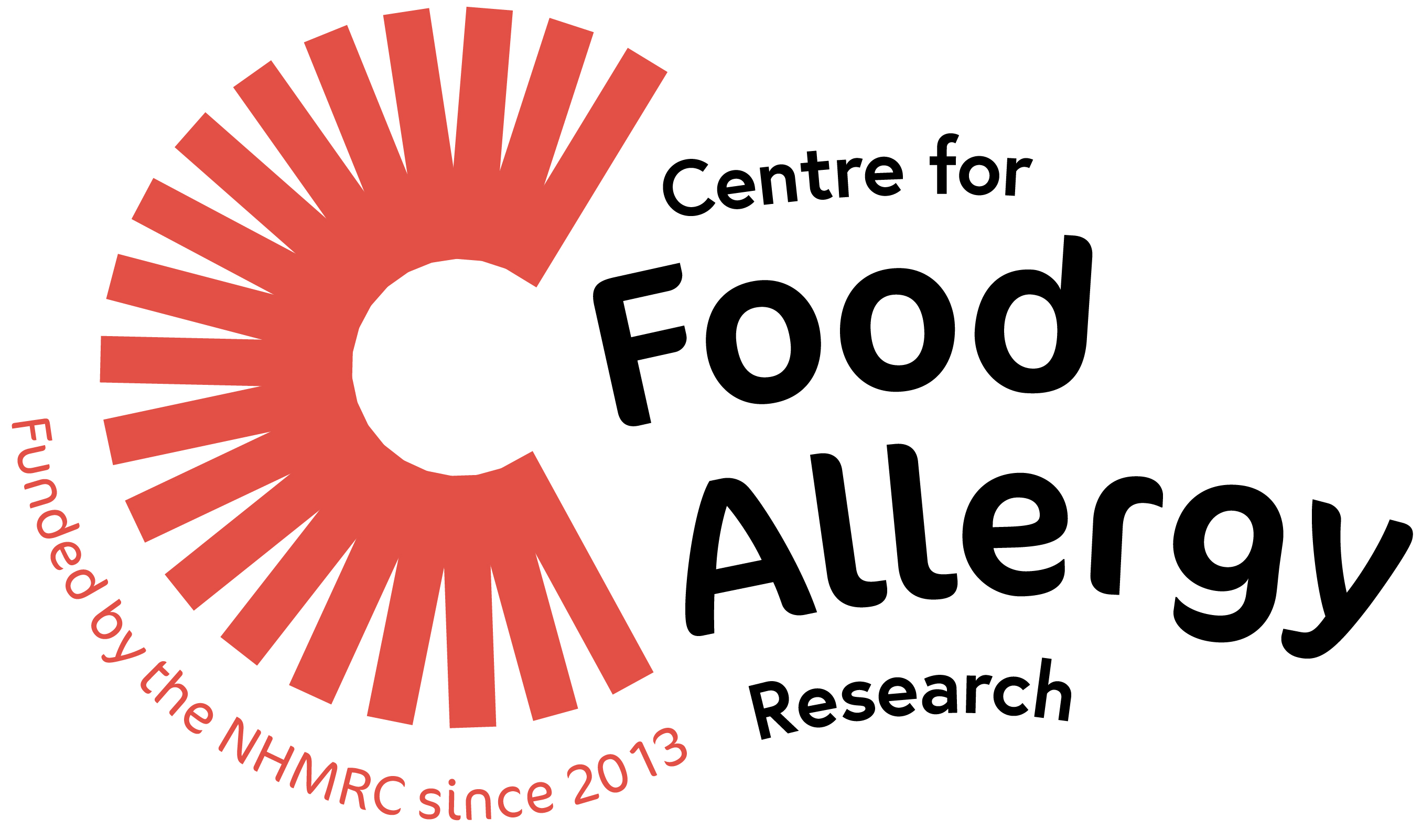Food allergy and lung health projects receive competitive NHMRC grants
- Published
- Monday, May 13, 2024 - 9:00 AM

A record number of National Allergy Centre of Excellence (NACE) researchers have received National Health and Medical Research Council (NHMRC) Clinical Trials and Cohorts Studies Grants.
Four food allergy and lung health research teams received grants to support high-quality clinical trials and cohort studies that address important gaps in knowledge, leading to relevant and implementable findings for the benefit of human health.
This year, 25 successful applicants from across the nation will share the $77 million in funding.
“Food allergy is one of Australia’s greatest public health challenges affecting one in 10 babies, one in 20 primary school aged children and four per cent of adults,” said Professor Kirsten Perrett, Director of the NACE and the Centre for Food Allergy Research (CFAR).
“To have four grants awarded will help accelerate food allergy and lung health research to address these major health challenges.”
The successful food allergy applications announced on Friday 10 May 2024 were:
NACE and CFAR Director, and Murdoch Children’s Research Institute Population Allergy Group Lead.
Project: Testing an implementable strategy to modulate immune function and reduce inflammation to prevent asthma and preserve lung function: 6-year follow-up of the existing VITALITY RCT.
Overview: We will test if a simple and well tolerated intervention, daily vitamin D drops in the first year of life, can prevent asthma and lung function deficits. This trial may change global infant nutrition recommendations and reduce the lifelong effects of respiratory disease. This is an age 6 year follow-up study of our large NHMRC funded trial, VITALITY, which recruited 2739 children, and is testing if this intervention (vitamin D) can prevent food allergy and eczema at age 1.
- CIA Kirsten Perrett
- CIB Rachel Peters
- CIC Katie Allen
- CID Shyamali Dharmage
- CIE Sarath Ranganathan
- CIF Jennifer Koplin
- CIG Kate Lee
- CIH Adrian Lowe
- CII Mimi Tang
- CIJ Victoria Soriano
Associate Professor Debbie Palmer
NACE Food Allergy Stream Co-chair, CFAR Chief Investigator, and Telethon Kids Institute, Childhood Allergy and Immunology Research Team Head.
Project: Developing infant tolerance to peanut via breastmilk: a randomised controlled trial.
Overview: This study aims to determine the ideal amount of peanuts in breastfeeding mothers’ diets to prevent peanut allergies in their babies. A new finding from our pilot trial suggests that a high-peanut diet during breastfeeding may reduce babies developing peanut allergies. To make maternal diet during breastfeeding for food allergy prevention guidelines, we now need to include more women and babies. This research has been co-designed with consumers who will be involved in all stages of this project.
- CIA Debbie Palmer
- CIB Kirsten Perrett
- CIC Tom Sullivan
- CID Dianne Campbell
- CIE Mimi Tang
- CIF Donna Geddes
- CIG Michael O’Sullivan
- CIH Sharon Perrella
- CII Vicki McWilliam
- CIJ Merryn Netting
Associate Professor Jennifer Koplin
NACE Evidence and Translation Pillar Lead, CFAR Chief Investigator, and Group Leader of Childhood Allergy and Epidemiology, Child Health Research Centre, University of Queensland.
Project: Improving Food Allergy Outcomes in Adolescents
Overview: Food allergy affects 1 in 10 Australian children. Adolescents are at highest risk of life-threatening allergic reactions, however, much less is known about food allergy in adolescents compared to young children. This study will investigate how food allergy affects adolescents and their families; find out how often childhood food allergy resolves by adolescence; develop better tests to determine if food allergy has resolved and improve clinical management of food allergy in this age group.
- CIA Jen Koplin
- CIB Jane Peake
- CIC Kirsten Perrett
- CID Michael O’Sullivan
- CIE Rachel Peters
- CIF Vanessa Cobram
- CIG Mark Chatfield
- CIH Janet Davies
- CII Li Huang
- CIJ Tim Brettig
CFAR Chief Investigator, and University of Melbourne, Allergy & Lung Health Unit Leader.
Project: Does inhaled triple therapy in individuals with pre-COPD arrest progression to full-blown COPD? A double-blind randomised placebo-controlled trial (PRE-TREAT)
Overview: Chronic Obstructive Pulmonary Disease (COPD) is usually diagnosed far too late, when lung damage cannot be recovered and treatment cannot prevent further decline. Aiming to prevent 3.2 million premature deaths, we will conduct a world first trial of Triple Therapy (3 safe medicines in one inhaler) to stop progression of early lung damage to full-blown COPD. We will also identify if particular groups of people are more likely to benefit from this treatment and evaluate its cost-effectiveness.





